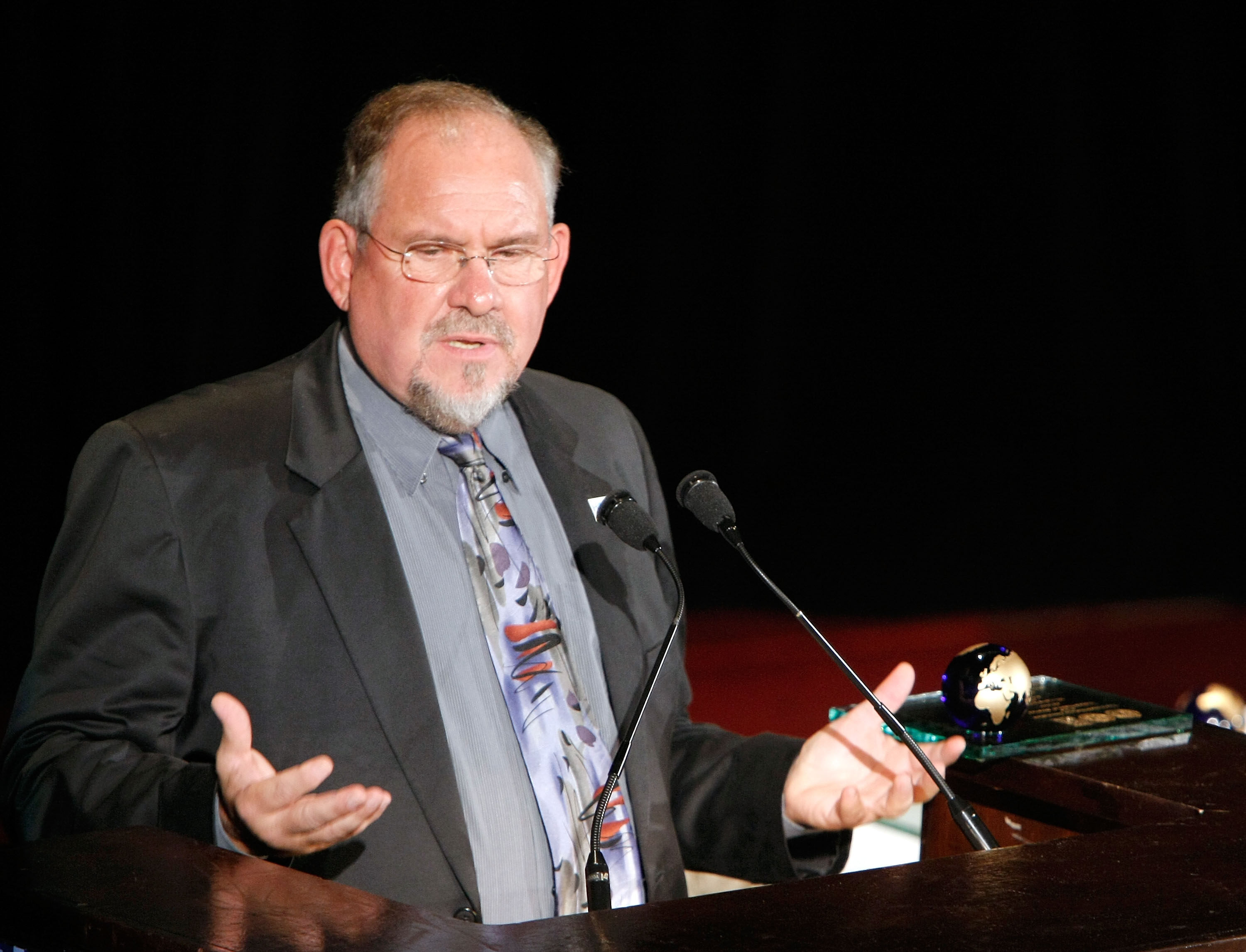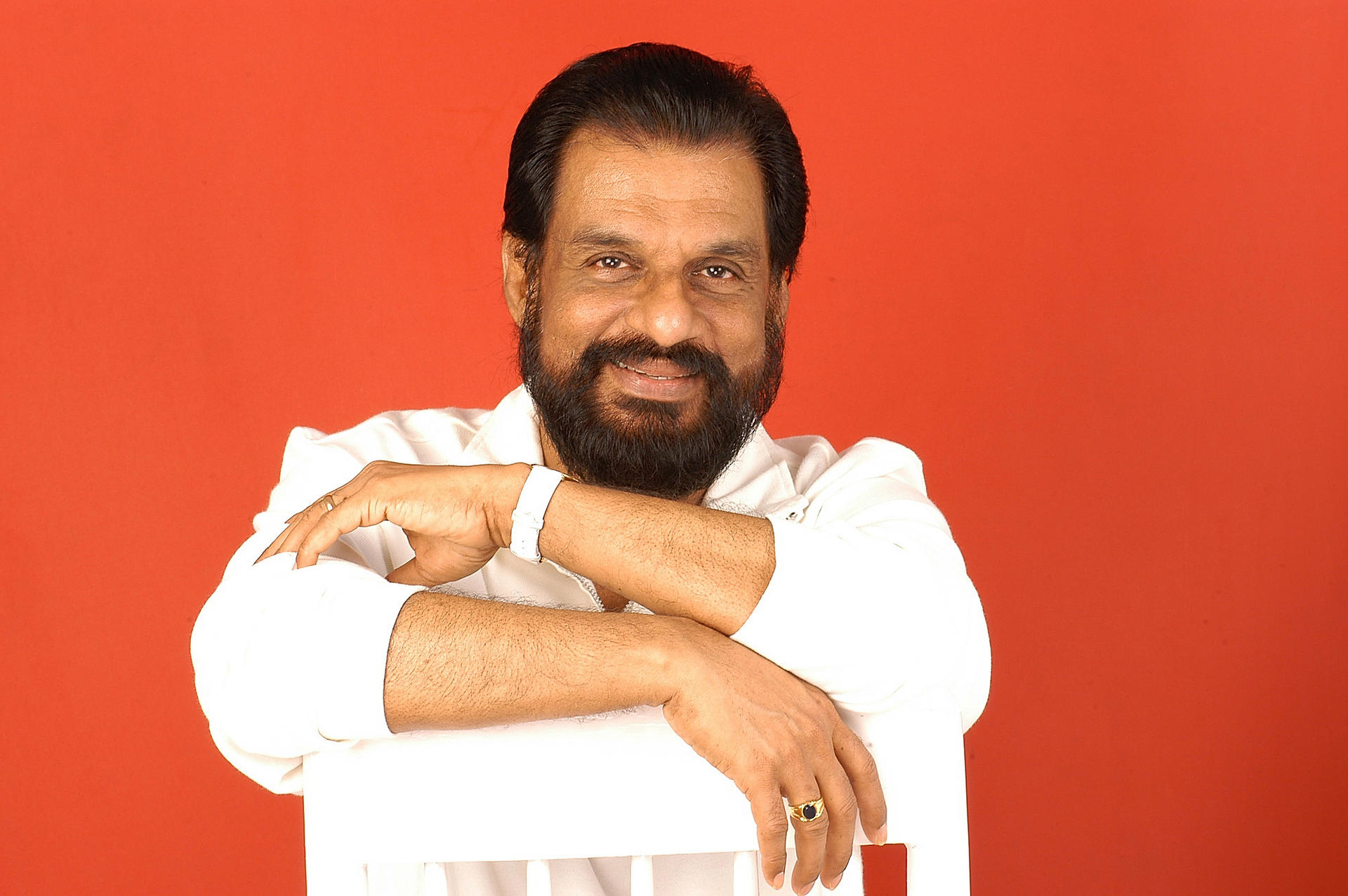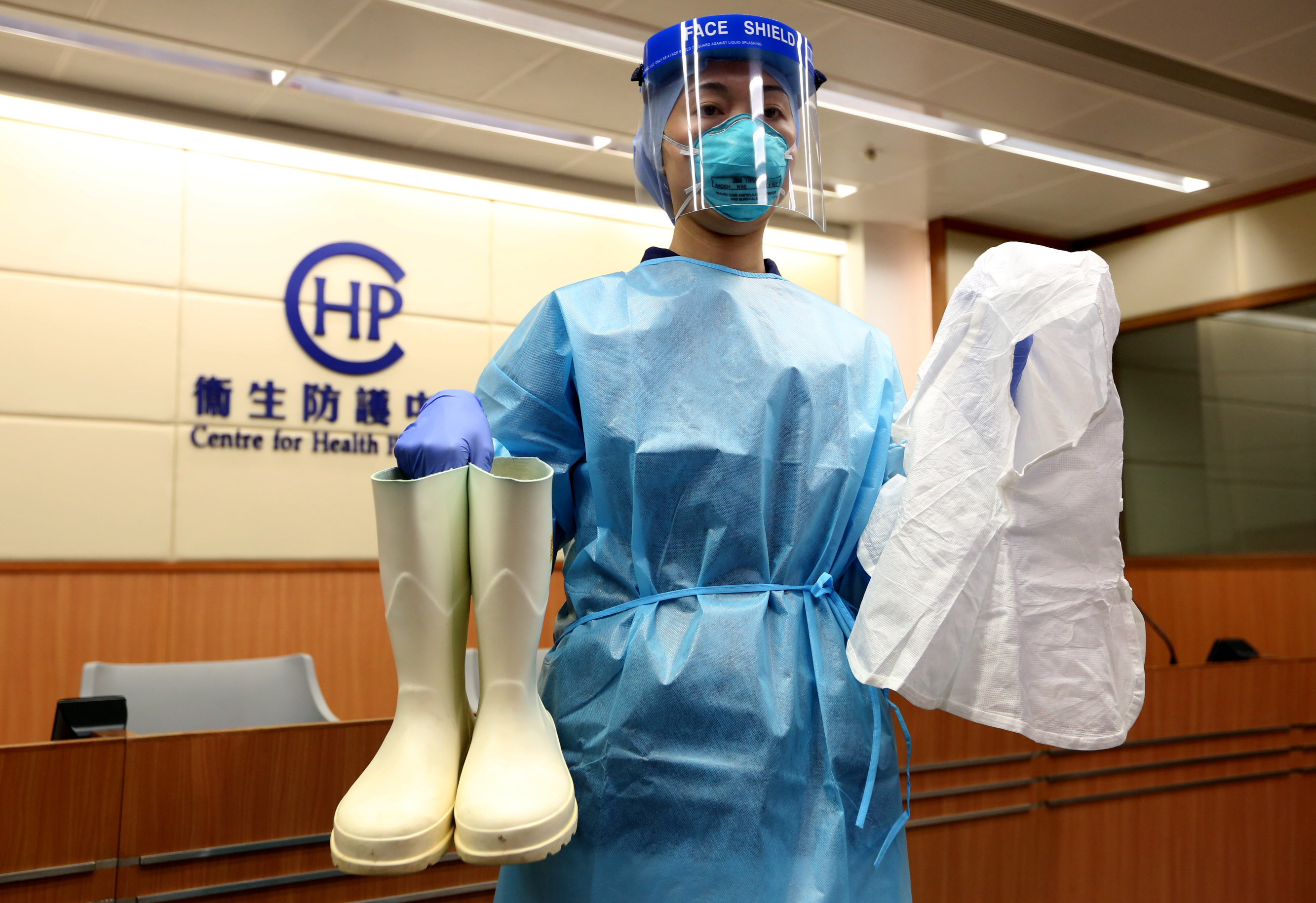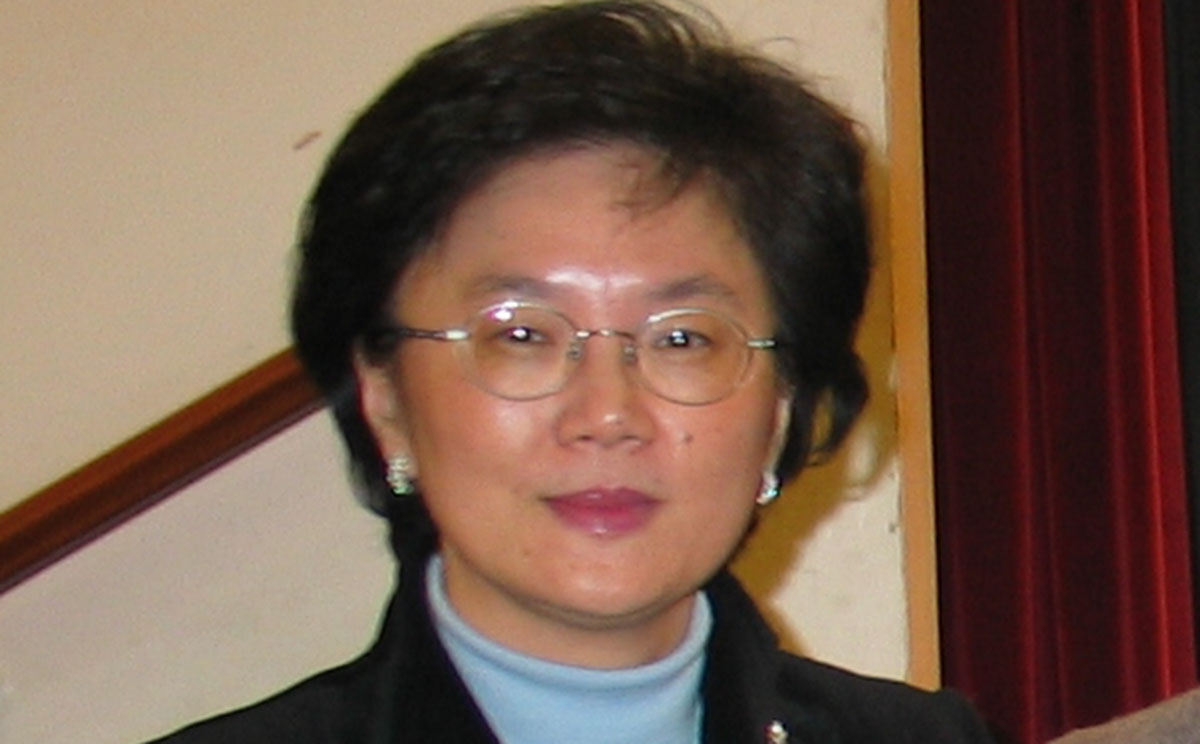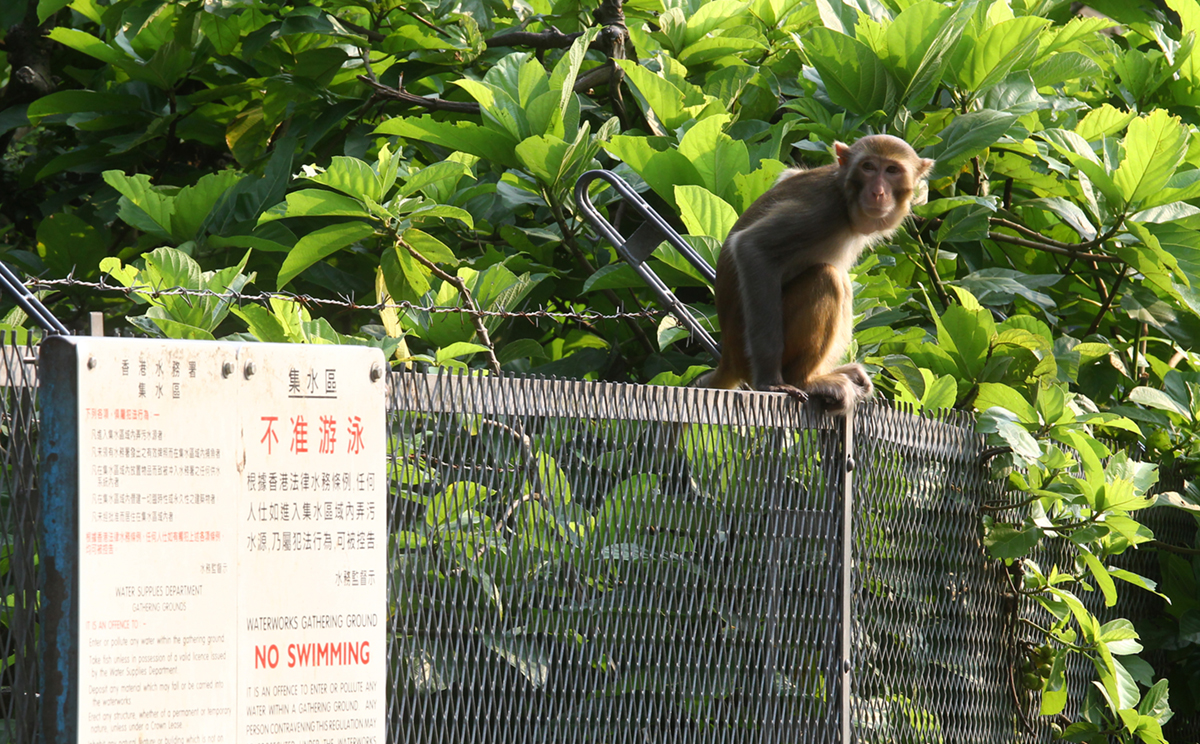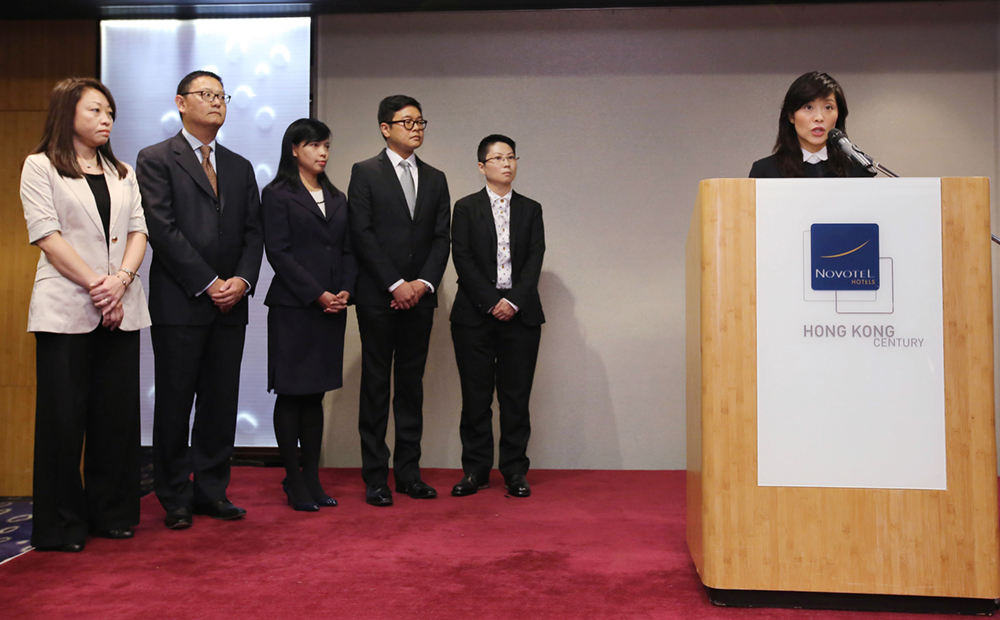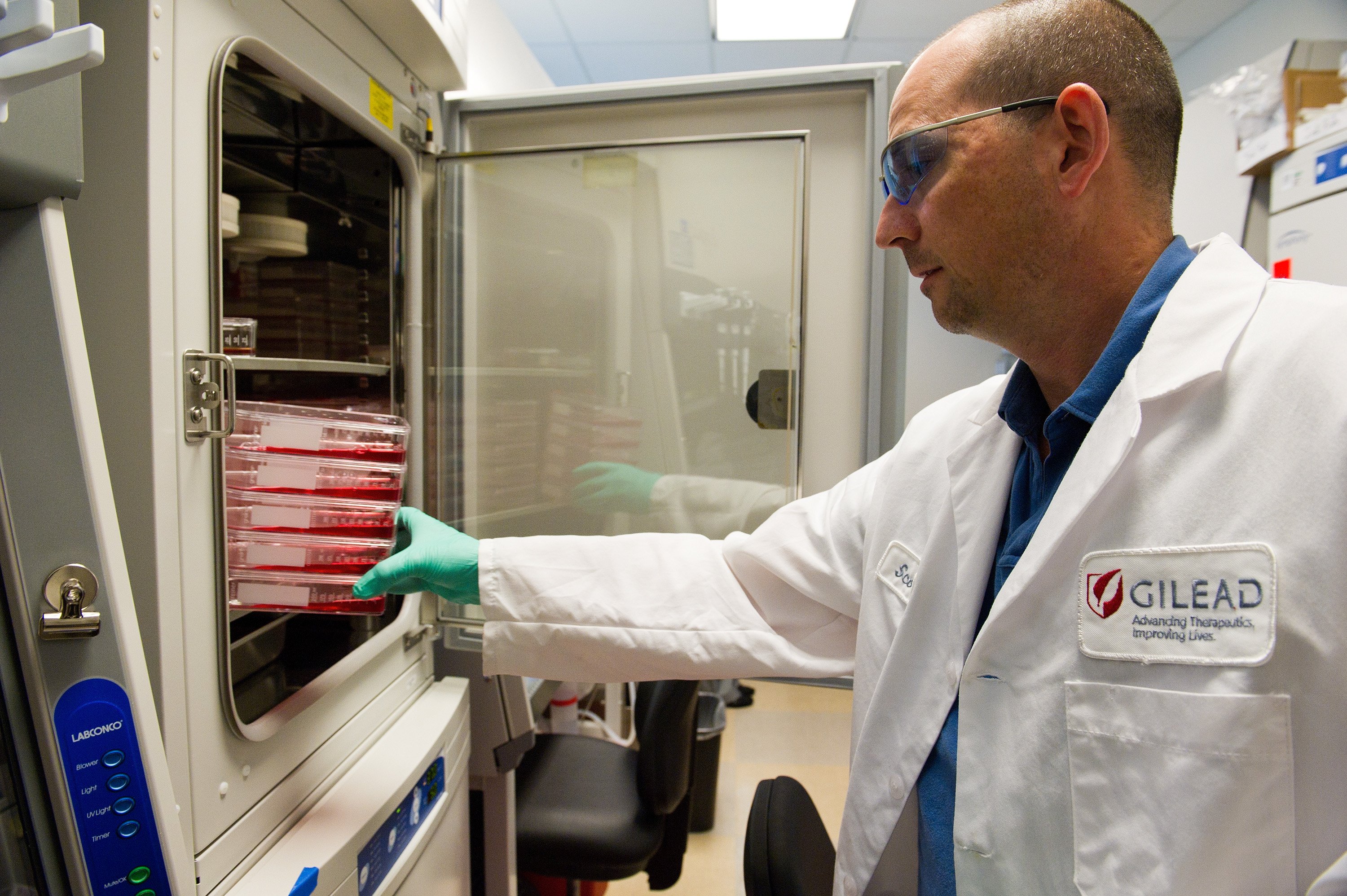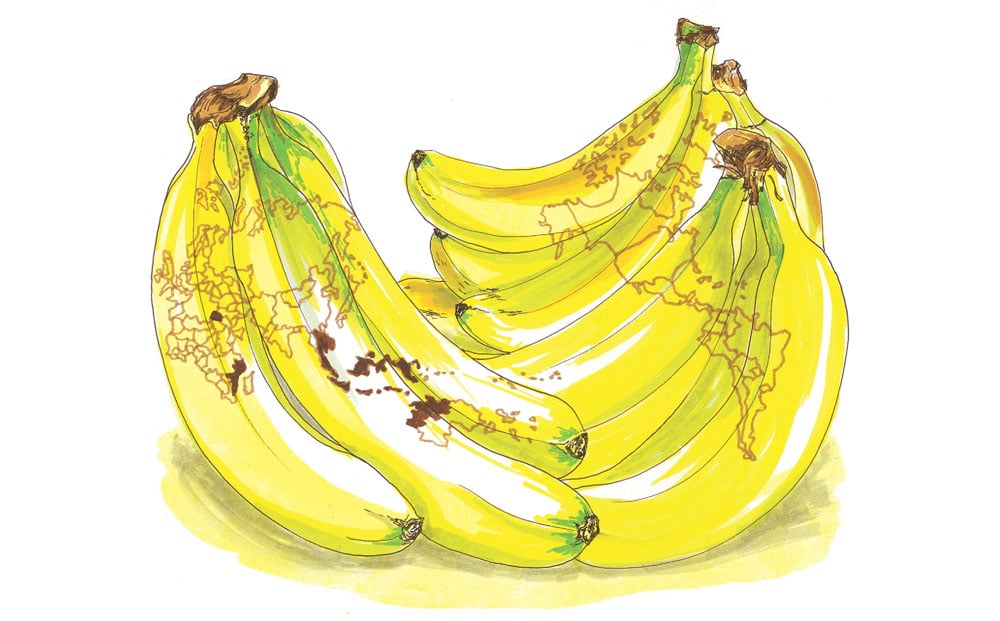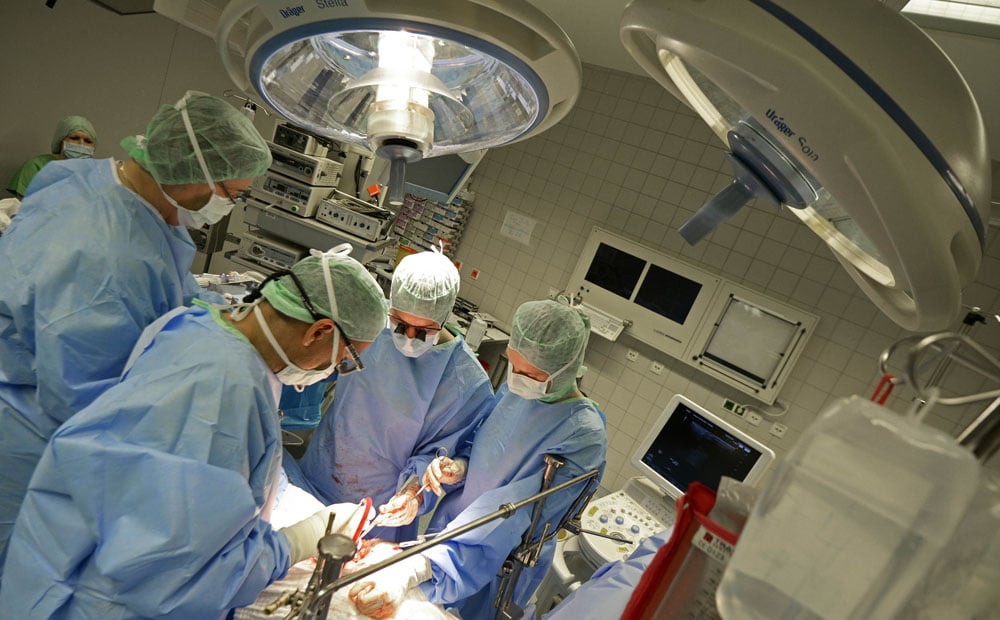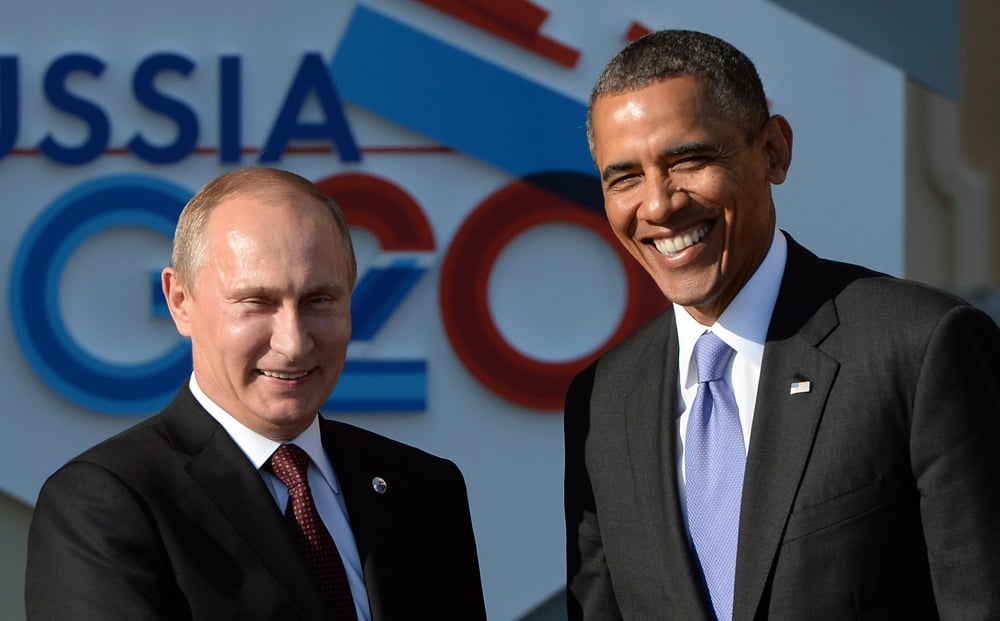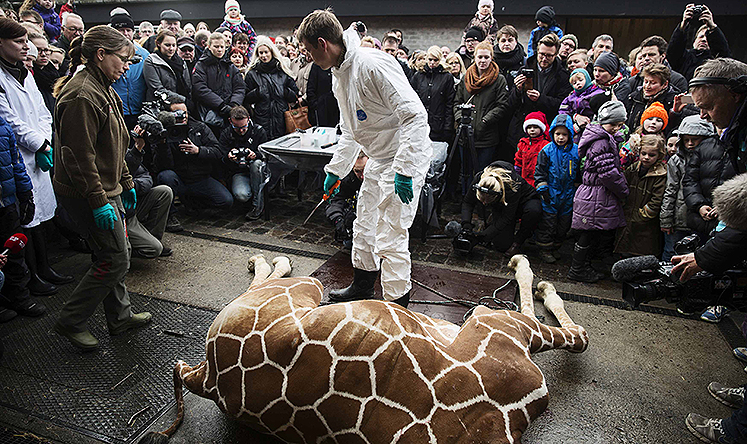
Leading epidemiologist says mass vaccination against coronavirus cannot work and will not achieve herd immunity, and urges more judicious use of available jabs together with various methods of surveillance.
At a time of higher scrutiny over the ethics of medical experiments, reports on new breakthroughs highlight gaps that could be exploited. Experts must come together to develop a comprehensive, universally applicable ethics code.
There are worries about Covid-19 being transferred through the air as entertainment venues reopen and workers return to their offices. Hong Kong should implement air circulation regulations for buildings and ease up on other measures to allow more outdoor activities.
Conspiracy theories propounded by the anti-vax movement are as old as vaccinations themselves, from 19th century cartoons to modern-day hysteria on social media.
The authorities should adopt a targeted approach instead of sticking to the all-enveloping measures drawn up when we weren’t sure how Covid-19 was spreading.
As India watches the Chinese economy pulls farther ahead of its own, it must realise a growth model built on a one-party system is a poor fit for India’s diverse democracy. Policies formulated in the comfort of government offices cannot be pushed through with brute force.
As a country that has seen vaccine scandals in its recent past, China has to take a transparent approach to vaccine development. The advantage it has as a leading economy will not be enough to convince the world of the safety of its treatment.
Fears about vaccine safety and scepticism about health policies are bound to become hurdles for governments everywhere. Fortunately for Hong Kong, people’s trust in public health experts has remained largely unscathed.
K.J. Yesudas is the epitome of the Indian film singer after his early years of hardship and prejudice, writes Hari Kumar.
It has been around for less than three decades, but the internet has changed our lives vastly. But even as we laud the progress the worldwide web has bestowed on us, every now and then we are reminded of its dark underbelly.
It was a claim that was bound to go bust in the face of scientific evidence. A local company's assertion that its dietary supplement drink can help women develop a perfect heart-shaped chest has been deflated by experts, who say there is no scientific evidence to support this.
The suspected case of Ebola in Hong Kong turned out to be a false alarm, though the person in question came from one of the affected countries and displayed symptoms similar to the deadly disease, like vomiting and diarrhoea.
When the UN General Assembly adopted the international treaty on discrimination against women in 1979, it was hailed as the bill of rights for women aimed at ending all acts of prejudice by persons, organisations or enterprise.
The way things are going, one shouldn't be surprised if cyberspace ends up as empty space soon. From one end it is leaking like a sieve.
Business owners in Hong Kong will have to find another HK$1.4 billion if the minimum wage goes up by HK$3 an hour. Wait a minute. You are saying the business owners will dip into their own pockets to find this money? You must be from some other planet if you think so.
Hong Kong is a safe place to live, if nothing else. Our police force has kept crime rates relatively low and maintained law and order without an intimidating presence.
This is the last thing we need in Hong Kong right now. Soaring political temperature, skyrocketing rents, pollution - and now a rising population of monkeys has been added to the list.
One suspected Ebola case in Hong Kong turned out to be a false alarm. But officials say they will still be on high alert.
A word of caution to those heading to a new eatery which opened yesterday. It's owned by the famous "Naked Chef".
As millions of Muslims celebrate the Eid-ul-Fitr holiday, a pall of gloom hangs over a world that has been witnessing the killing of innocent civilians in Gaza by the Israeli army.
Not sure whether it was his penchant for investigative journalism or mere pangs of hunger which drove him there. But a colleague ventured into a local McDonald's outlet last week, only to be utterly disappointed.
Champagne corks were doubtless popping in the California headquarters of Gilead Sciences on Thursday as its quarterly earnings were announced.
There's nothing like going on a sightseeing trip to have a blast. Whatever your beliefs and convictions, this holds true. That's probably why the newly founded Islamic State, the caliphate declared in some parts of Iraq and Syria, is now into that business too.
The crash of a Malaysian passenger jet over eastern Ukraine has brought into focus the horrors of a conflict in which powerful countries play proxy games.
If you are reading this at your breakfast table, with a bunch of bananas in front of you, you should consider yourself lucky. Because bananas may soon disappear from your life, say some scientists.
An announcement of a cure for a disease that affects millions across the globe is naturally greeted with relief and enthusiasm.
You can call him Vlad the bad, you can ridicule his penchant for bare-chested bravado and criticise his lack of tolerance towards any opposition. But Russian President Vladimir Putin is proving to be the top dog on the world stage as he moves in to snare Crimea.
Going to the zoo on a Sunday with your children is usually a pleasant activity – unless you were in Copenhagen recently. The children who went there on a recent Sunday were witness to the carcass of a culled young male giraffe skinned in front of them.
Technology getting too invasive is a complaint that has been around for a while. The weird gadgets that were unveiled at the Consumer Electronics Show that just concluded in Las Vegas do little to belie this refrain. What else can you say when they put technology right into your mouth, through a toothbrush which collects and sends data about the way you brush to your smartphone?

